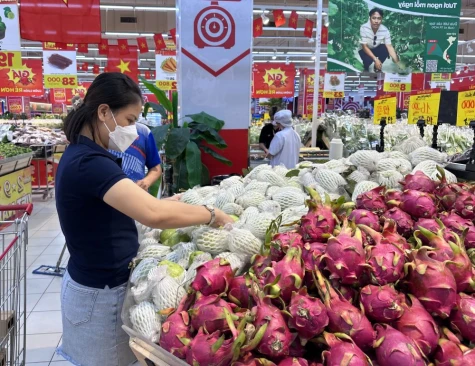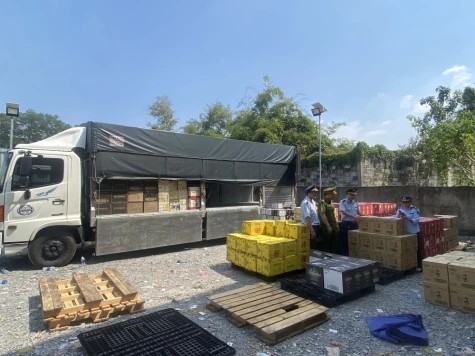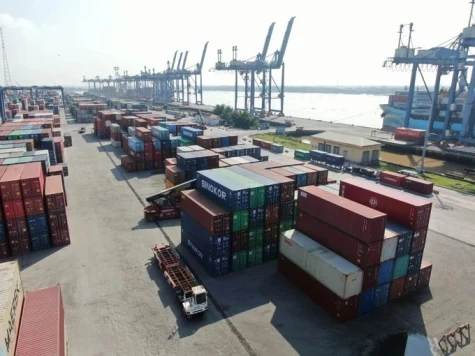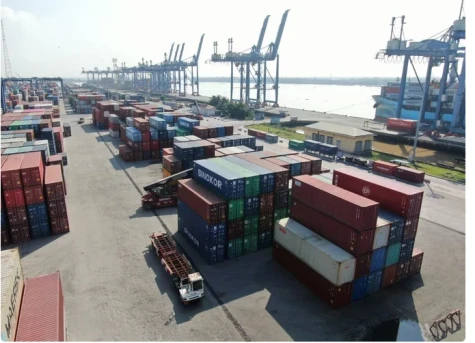China is tightening its import regulations, aligning them more closely with high-standard markets like Japan and the Republic of Korea. This requires Vietnamese producers and exporters to adopt more professional, transparent, and sustainable business practices.

Vietnam has made a major step in expanding its agricultural product exports to China following the signing of four new official export protocols during the recent state visit to Vietnam by Party General Secretary and President of China Xi Jinping.
The agreements cover passion fruit, bird’s nest, chilli, and rice bran, which not only offer immediate benefits to businesses and farmers but also pave the way for further negotiations on other high-potential products.
The new export protocols build on previous phytosanitary and veterinary agreements covering eight items - coconuts, watermelons, mangosteens, black jelly, fresh and frozen durians, fresh bananas, and sweet potatoes. Meanwhile, six types of fruits - dragon fruit, rambutan, mango, lychee, longan, and jackfruit - continue to be exported under less formal arrangements.
Nguyen The Hoa, Deputy Director of Hai Yen Nha Trang Trading Company - one of 12 firms licensed to export bird’s nest to China - noted that the Chinese market remains relatively new for Vietnamese bird’s nest products, and penetrating it has proven challenging, pointing to lower post-COVID consumer demand amid China’s economic slowdown. Currently, only Malaysia shares this access, giving Vietnam a unique competitive edge.
To capitalise on this opportunity, Hoa emphasised the importance of close coordination between businesses and farmers to ensure high-quality input.
Le Thanh Dai, Chairman of the Vietnam Bird’s Nest Association, said China accounts for around 80% of the global bird’s nest market, valued at an estimated 8 billion USD annually. Yet, Vietnam currently accounts for only 0.8% of that market, highlighting both the vast growth potential and intense competition. Dai stressed that producers must meet stringent quality standards while retaining the distinct flavour of Vietnamese bird’s nest.
Chilli and passion fruit exports also stand to gain. Previously limited to pilot programmes with narrow distribution channels and strict quarantine measures, these products can now be exported through formal trade channels with broader access across ports and importers.
Nguyen Thi Lan Huong, Chairwoman of Viet Phuc Group, said that under the pilot phase, exports were restricted to two border gates and a pair of Chinese importers. With official protocols now in place, all eligible businesses from both countries can participate, significantly expanding trade opportunities.
She added that food safety and quarantine measures were already strictly applied during the trial period, laying the foundation for the smooth implementation of the new agreements.
However, Huong cautioned that China is tightening its import regulations, aligning them more closely with high-standard markets like Japan and the Republic of Korea. This requires Vietnamese producers and exporters to adopt more professional, transparent, and sustainable business practices.
With a high demand and a short cultivation cycle, chilli products see strong growth potential. Yet, Huong stressed that farmers must follow regulations on pesticide use and safe farming practices to ensure long-term market access.
In line with the newly signed protocols, Vietnamese exporters must adhere strictly to planting area codes, packaging facility registrations, and routine testing. Building transparent, traceable supply chains through close cooperation between exporters and growers will be the key.
Nguyen Quang Hieu, Deputy Director of the Plant Protection Department under the Ministry of Agriculture and Environment, concluded that to secure and expand market share in China, Vietnam must continue to ensure consistency in product quality and production capacity./.
VNA






























